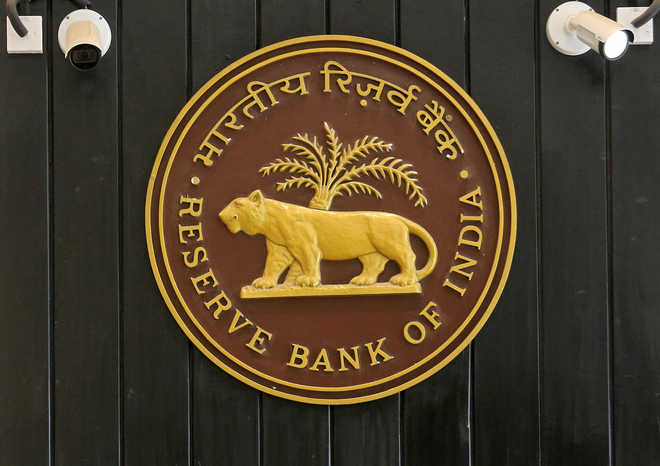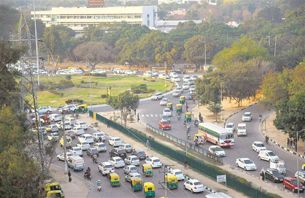
The Reserve Bank of India (RBI) surprised market analysts by proposing an interest rate cut at its Monetary Policy Committee (MPC), the last before the General Election. The running conflict between two successive RBI Governors and the Centre and the setting up of the MPC after the first fracas have ensured that the RBI’s deliberations will be politically scrutinised. That a handpicked bureaucrat as RBI chief was reversing the policy on keeping interest rates unchanged has added to the debate. The rate cut, on the surface, should provide a little relief to the EMI-paying middle class, whom the interim Budget has also sought to keep in good humour with tax breaks.
The RBI has spelt out many good reasons for the lower interest rate as the shift in its position from ‘calibrated tightening’ to ‘neutral’, which in simple words is feel-good signalling to the industry — that the danger of high inflation is over. That may be partly true. Headline inflation, primarily because of low food inflation, has been low but a flare-up in core inflation (non-food, non-fuel) and the expected slippage in fiscal deficit after the handouts in the interim Budget can quickly sink these expectations. The rate cut should spur policy action because contrary to the present government’s political philosophy, most of the investment activity is due to spending of tax money on infrastructure while private investment remains sluggish.
Some straws in the wind suggest this is the case. These include the waiver of limit on foreign portfolio investors (FPI) in corporate bonds, easier external borrowings for insolvent corporates, clubbing of three kinds of in-trouble NBFCs to lower their borrowing costs and a higher limit for collateral-free agriculture loans. The key issues of transfer of RBI surplus reserves and relaxed norms for weak banks that led to Urjit Patel’s resignation still remain to be settled. But the government’s hands have been strengthened by recommendations from a Congressman-led Parliamentary Committee. Once the Centre has its way on these two issues, the surplus funds combined with the impact of the rate cut can improve the health of the Indian corporates in time for the elections.



























